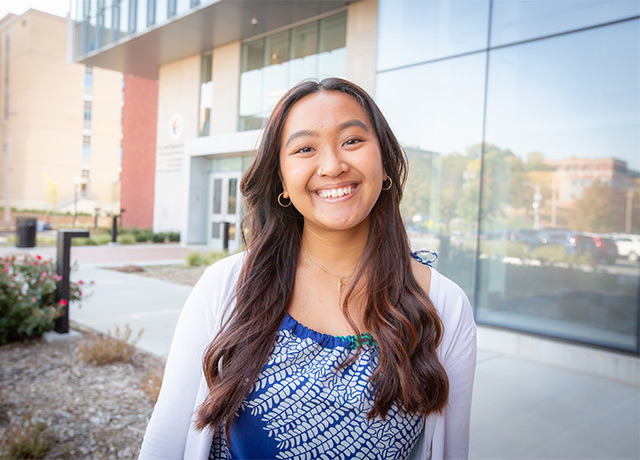Featured Testimonial About Creighton University

Merry Christmas from the Creighton Men's Basketball Team
We caught up with some of our favorite Bluejays, who wanted to share a special message with alumni, fans and friends.
Check out this short holiday video from the team:
//--> //-->
Merry Christmas! Don't forget to keep following along this month for more Creighton Christmas cheer!


